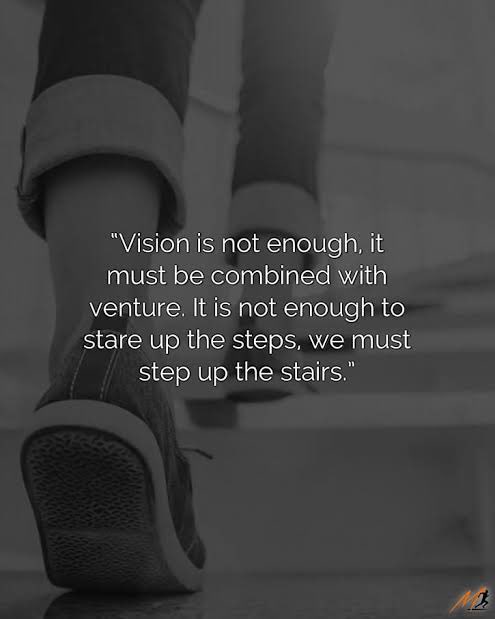
Most of us are only acquainted with two icons of Chinese history: ‘Confucius’ & Sun Tzu. Beyond these two names, too, lay a world of trailblazers.
China has longest continuous history of any country in world.
Read 5000 years of🇨🇳 history.
🧵⬇️
#5000YearsOfChineseHistory
1/12
China has longest continuous history of any country in world.
Read 5000 years of🇨🇳 history.
🧵⬇️
#5000YearsOfChineseHistory
1/12

Simply remember dynasties as 8+4
🀄️ 8 dynasties in BCE era
1 Xia
2 Shang
3 Zhou
4 Qin
5 Han
6 Jin
7 Sui
8 Tang
🀄️4 dynasties from 960-1949
-Song (960-1279)
-Yuan (1279-1368)
-Ming (1368-1644)
-Qing (1644-1912)
- China (1949)
let’s travel back to history
2/12
🀄️ 8 dynasties in BCE era
1 Xia
2 Shang
3 Zhou
4 Qin
5 Han
6 Jin
7 Sui
8 Tang
🀄️4 dynasties from 960-1949
-Song (960-1279)
-Yuan (1279-1368)
-Ming (1368-1644)
-Qing (1644-1912)
- China (1949)
let’s travel back to history
2/12

The recorded history of China essentially starts with the ancient settlements of the Chinese people along the Yellow and Yangtze rivers. A number dynasties ruled China from Xia in around
2070 BCE to Qin Dynasty,whose leader Qin Shi Huang became first emperor of 🇨🇳in 221 BCE.
3/12
2070 BCE to Qin Dynasty,whose leader Qin Shi Huang became first emperor of 🇨🇳in 221 BCE.
3/12

Qin had the Great Wall built to protect his people from regional invaders. It was under his rule that writing system of China became standardized. In later years, I had opportunity to personally see the ruins of the Terracotta army buried with Emperor Qin outside Xian city.
4/12
4/12

Another notable period was during the Han Dynasty, which ruled China for over four centuries and during a time period that is often regarded as the golden age in Chinese history.
5/12
5/12

Confucianism became the state religion and the Silk Road trade route was opened to Europe. Hans were succeeded by the Three Kingdoms period.
Buddhism came to China around 250 CE.
6/12
Buddhism came to China around 250 CE.
6/12

The Tang dynasty ruled over China for nearly three hundred years, followed by the Song dynasty, which too ruled for over three hundred years until 1279. Marco Polo is recorded to have begun his travels to China in 1271, which was towards the end of Song dynasty.
7/12
7/12

The Mongols under Kublai Khan defeated Song dynasty & established Yuan dynasty which was replaced in less than a hundred years by the Ming dynasty, which ruled till 1644. It is said that it was in fifteenth century that Chinese began trade relations with the outside world.
8/12
8/12

Construction of the Forbidden City in Beijing was also started around the same time and shortly afterwards Beijing became the new capital of the Chinese empire, replacing Nanjing in 1421. The Forbidden City is an amazing complex of the palaces of the Chinese emperors.
9/12
9/12

Qing dynasty ruled China for two and a half centuries until 1912, when the Xinhai Revolution of 1911-12 ended this dynasty. A struggle for power in China ensued for decades until communists took power under the leadership of Mao Zedong in 1949, and named country as China.
10/12
10/12

The Chinese were considered to be pioneers or early achievers in a number of inventions like the lunisolar calendar, silk cloth, bronze, cast iron, paper, woodblock printing, gun powder, and magnetic compass.
11/12

11/12


• • •
Missing some Tweet in this thread? You can try to
force a refresh
















